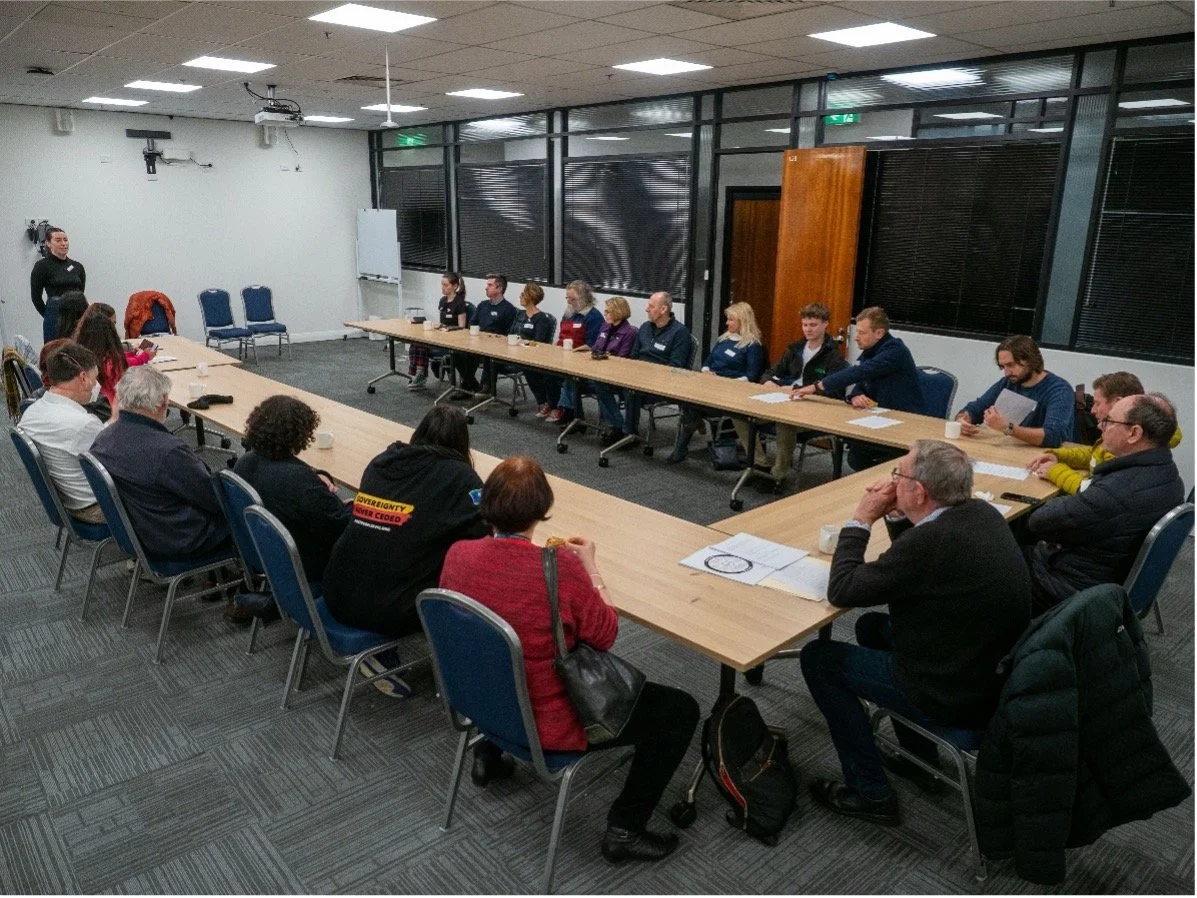Spotlight on Women’s Health In the North
About Women’s Health In the North
Women’s Health In the North (WHIN) is the women’s health promotion and advocacy organisation for the northern metropolitan region of Melbourne (NMR). The region covers the Hume, Whittlesea, Nillumbik, Merri-bek, Darebin, Banyule and Yarra local government areas.
Mission: WHIN works to eliminate gender inequalities and improve the health, safety and wellbeing of women and gender-diverse people.
Values: Feminist. Ethical. Inclusive. Courageous. Collaborative.
Vision: Women and gender-diverse people in the north have voice, choice and power in all aspects of their health, safety and wellbeing.
WHIN leads the Building a Respectful Community (BRC) partnership, the regional partnership for the prevention of gender-based violence and promotion of gender equity in the NMR, and one of the key BRC principles is Engaging of Men and Boys.
Featured work: Courageous Conversations: Things Men Can Do to Challenge Sexism
In 2022, BRC partner organisation Merri-bek City Council invited WHIN to facilitate an event focussing on men in the Merri-bek community: ‘Courageous Conversations with Men about Violence Against Women’. Due to the high engagement of men in the event and alignment with the work of Merri-bek City Council and WHIN, a working group was formed to lead a series of community forums designed to engage men and boys from the Merri-bek area. The working group comprised:
· Mark Riley (Merri-bek City Councillor)
· May Haeder (Social Policy Officer, Human Rights and Wellbeing; Merri-bek City Council)
· Emily Sporik (Prevention of Gender-Based Violence Health Promotion Officer, WHIN)
· Dr Bob Pease (Adjunct Professor)
· Robert Semmens (Men’s Behaviour Change Facilitator)
The working group delivered four forums at Brunswick Town Hall across 2023, engaging 74 community members, predominantly men. Each forum included a presentation and interactive activity to engage men to reflect and share their experiences. Topics included:
· male privilege and coercive control
· respectful communication
· male peer relations which promote violence against women
· being an active bystander and allyship.
Sessions featured guest speakers including healthy masculinities specialists and community members with lived experience.
On two occasions the “fishbowl” method was used, where the men sat in a circle and took part in a facilitated discussion while the women observed from outside the circle. This format allowed men to be the centre of discussions around addressing sexism, while being transparent and accountable to women, a core principle of gender-based violence prevention work that engages men and boys. Participants were invited to feed back on the discussion and the “fishbowl” experience. Female attendees reported that the experience of being an observer ranged from feeling strange and uncomfortable, to powerful and insightful. Some attendees suggested that the presence of female witnesses induced a “performance” from the male participants of conforming to the women’s expectations. Others argued that, if so, maybe this isn’t a bad thing as it facilitates a practice of accountability to one’s words, during and possibly even following the event.
Feedback
Participant feedback surveys found that each session met its primary objectives, with participants reporting an overall satisfaction rate of 4.4 out of five. In general, attendees reported an increase in awareness of male privilege and understanding of gender gaps, as well as an increase in understanding of their role in influencing their peers and families in relation to addressing sexism.
Below are some reflections from male attendees:
· ‘... challenging and exploring my own masculinity is important as an ally.’
· ‘Allyship isn't perfection. Better to try and fail than to avoid.’
· ‘Reading the 20 things I can do to counter sexism, there were some things where I was like, I don’t do that enough.’
While the forums were considered a helpful way to bring together like-minded people for discussions on sexism, feedback indicates that more time is required to help male participants unpack the normative barriers to addressing sexism such as those that make it hard to call out/in other men or hold them to account.



Note: Names and photos in this post have been shared with permission.
What’s next for this work?
Due to the forums’ successful engagement and advocacy, working group members are exploring individual and collective opportunities for ongoing work in engaging men and boys in prevention of gender-based violence, and adding to the evidence base.
WHIN continues to support the BRC partners in this topic, co-chairing the Engaging Men in Prevention of Gender-Based Violence Community of Practice (CoP) with City of Whittlesea. The CoP group has developed a guide which can be found at www.whin.org.au/resources/preventing-gender-based-violence


